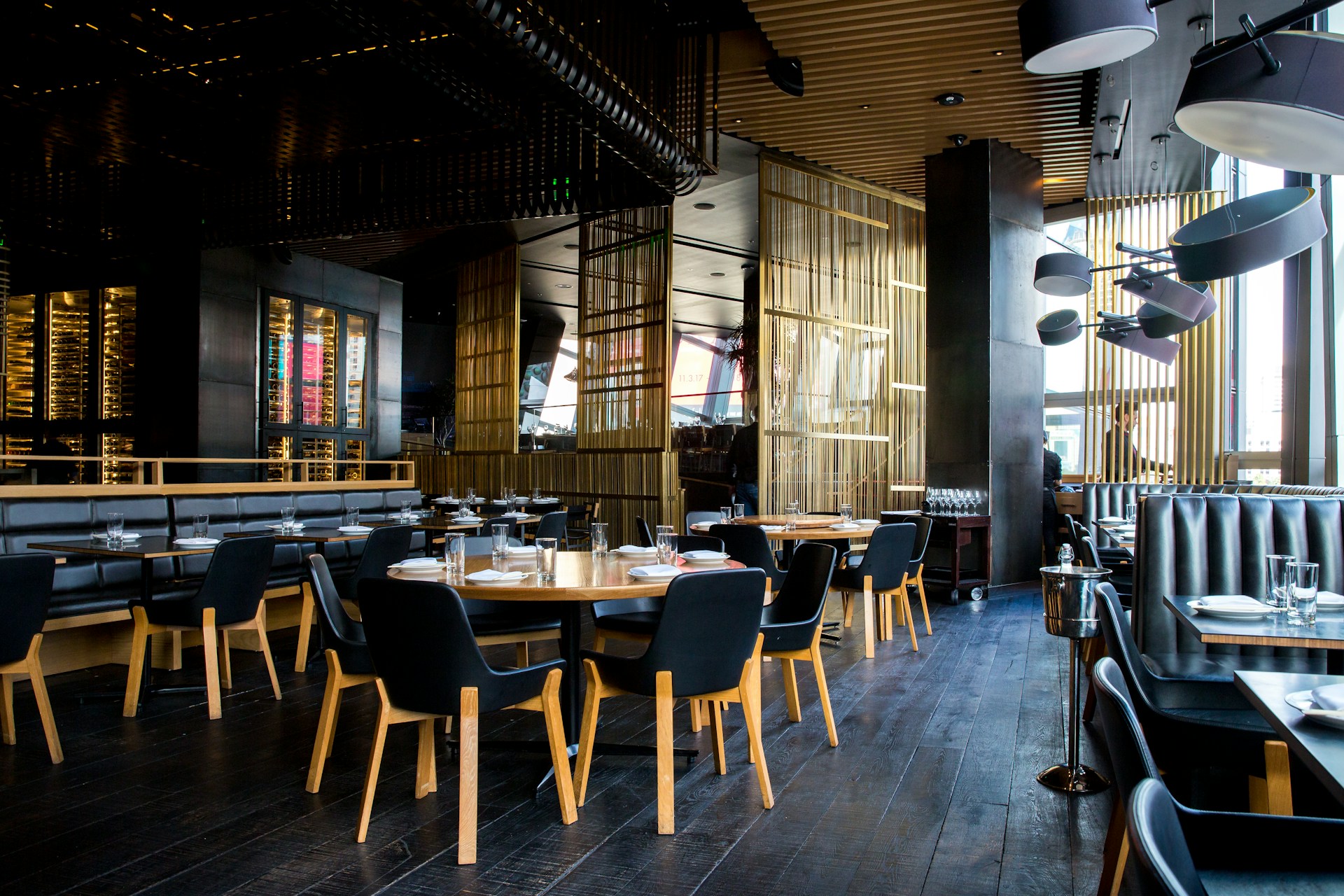In the fiercely competitive culinary industry, being a cut above the rest requires more than just serving delectable dishes. As the owner of an independent restaurant chain in the UK, you must utilize every tool at your disposal to make your venues visible and appealing to your target audience. One of the most potent instruments in your arsenal is Local SEO. This article will guide you through the process of leveraging Local SEO to increase your restaurant’s visibility, attract more customers, and ultimately, boost your revenue.
Understanding Local SEO and Its Importance
Before you start implementing Local SEO strategies, it’s crucial to understand what Local SEO is and why it’s so important. Local SEO, or Local Search Engine Optimisation, is a subset of SEO that focuses on optimizing a website to be found in local search results. This can include searches with certain geographically related keywords, such as “Italian restaurant in London” or “best sushi in Manchester”.
Avez-vous vu cela : How to Use Instagram Live for Promoting a UK Fitness Trainer’s Online Classes?
The rise of mobile technology and geo-targeted searches has made Local SEO more crucial than ever. According to Google, nearly one-third of all mobile searches are related to location, and businesses that show up on the first page of a local search result see a 50% increase in store visits. Therefore, for a restaurant chain that operates in various locations, a robust Local SEO strategy can significantly increase footfall and revenue.
Implementing On-Page Local SEO for Your Restaurant Chain
The first step in leveraging Local SEO for your restaurant chain is to optimize your website’s on-page elements. This includes your HTML tags, content, and overall structure.
A lire aussi : What Are the Best Practices for UK-Based B2B SaaS Companies in Customer Success?
For each of your restaurant locations, create a unique page on your website. This page should include the restaurant’s name, address, and phone number (NAP information). Additionally, it should have a Google Map of the restaurant’s location and other relevant information like opening hours, menu, and customer reviews.
Use location-specific keywords in your title tags, meta descriptions, URLs, and header tags. For instance, if you have a restaurant in Birmingham, use keywords like “Birmingham Restaurant” or “Fine Dining in Birmingham”. This will help search engines understand where your restaurant is located and show it to users who are looking for restaurants in that area.
Maximizing Google My Business for Local SEO
Google My Business (GMB) is an invaluable tool for Local SEO. By creating and optimizing a GMB listing for each of your restaurants, you can increase your chances of appearing in Google’s Local Pack, Local Finder, Google Maps, and organic rankings in general.
Start by creating a GMB listing for each of your restaurant locations. Ensure that your NAP information matches exactly with what’s on your website. Upload high-quality photos of your restaurant, menu items, and any special features you offer. Regularly update your GMB listings with new photos, events, offers, and respond promptly to customer reviews.
Harnessing the Power of Online Reviews
Online reviews are a significant factor in Local SEO. They not only influence your restaurant’s ranking in local search results but also affect customer’s decision-making process.
Encourage your customers to leave reviews on Google, Yelp, TripAdvisor, and other relevant review platforms. The more positive reviews your restaurant gets, the higher it will rank in local search results. Remember to respond to all reviews, whether they’re positive or negative. This shows that you value customer feedback and helps build trust with potential customers.
Building Local Citations and Links
Local citations and links from other websites to your restaurant’s website can significantly improve your Local SEO. Citations are online mentions of your NAP information, and they can come from business directories, social media platforms, and other websites.
Ensure that your NAP information is consistent across all online platforms. Any discrepancies can confuse search engines and negatively affect your Local SEO. Actively seek out link-building opportunities with local businesses, bloggers, and influencers. These local links can signal to search engines that your restaurant is relevant and trusted within the local community.
By understanding and implementing these strategies, your independent restaurant chain can leverage Local SEO to stand out in the crowded UK food industry. Remember, Local SEO is a continuous process, and it needs regular monitoring and optimization to yield the best results. So, start today and watch your footfall, revenue, and brand recognition soar.
Engaging with Local Events and Social Media
In the digital age, having a robust online presence extends beyond just a website. Social media platforms and local events are two avenues that are often overlooked but can significantly boost your restaurant’s visibility and Local SEO.
Consider creating profiles for your restaurant chain on platforms like Instagram, Facebook, and Twitter. These social media platforms offer a space to showcase your offerings, share news, and directly engage with customers. Regularly posting images of your meals, promotions, or events can help attract local customers. Remember to use location-specific hashtags and geotags to improve your restaurant’s local visibility.
Furthermore, participating in local events can boost your restaurant’s reputation within the community. Sponsor local sporting events, festivals, or charity events. This can lead to media coverage and online mentions, which can improve your restaurant’s Local SEO.
While these methods require time and effort, they can lead to substantial results. The combination of social media engagement and local event participation can create a vibrant online presence that positions your restaurant chain as an active and well-regarded member of the community.
Conclusion: The Power of Local SEO for Independent Restaurant Chains
The world of restaurant business is undeniably tough, with new competition emerging every day. But by leveraging Local SEO, you can ensure your independent restaurant chain stands out from the crowd.
From understanding the basics of Local SEO to implementing on-page optimizations, maximizing Google My Business, harnessing online reviews, and building local citations, you have a multitude of strategies to enhance your restaurant chain’s visibility in local search results. The integration of social media and local event participation can further solidify your online presence, making it difficult for local customers to overlook your venues when searching for their next dining experience.
Remember, Local SEO is not a one-time task but an ongoing process. The digital landscape is always evolving, and your strategies should adapt accordingly. Regularly monitor your Local SEO performance and optimize as needed. Stay abreast with the latest SEO trends and continue engaging with your local community both online and offline.
Investing in Local SEO now could bring countless benefits – enhanced online visibility, increased footfall, boosted revenue, and a solid reputation within the community. The road to success might be challenging, but with the right Local SEO strategies, your independent restaurant chain in the UK can thrive in the bustling culinary scene.






